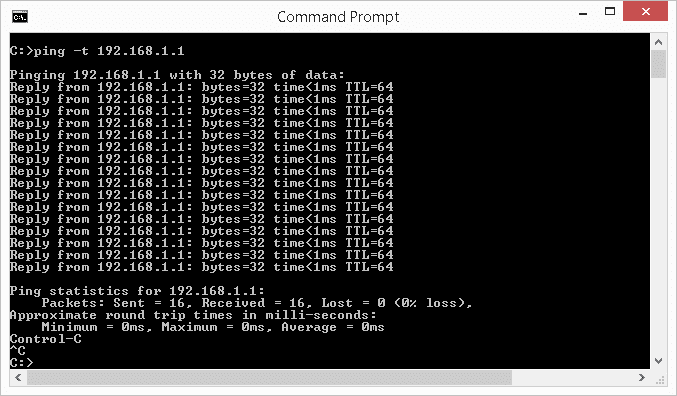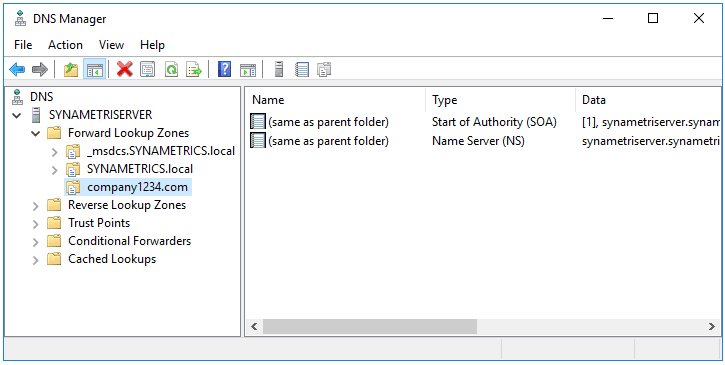Using the cloud for digital manufacturing offers numerous benefits for businesses. Here are a few key advantages:
- Scalability: The cloud allows manufacturers to easily scale their operations up or down based on demand. This flexibility ensures optimal resource utilization and cost-effectiveness.
- Collaboration and Connectivity: Cloud-based platforms enable seamless collaboration across different departments, teams, and even locations. Real-time access to shared data and applications promotes efficient problem-solving and enhances overall productivity.
- Data Management and Analytics: The cloud provides extensive storage and computing capabilities, allowing manufacturers to collect, store, and process vast amounts of data. This data can then be leveraged for advanced analytics, predictive maintenance, and process optimization.
- Security and Reliability: Established cloud service providers dedicate significant resources to ensuring data security, backup, and disaster recovery. Most reputable providers implement robust security measures, offering high levels of protection against cyber threats and ensuring data integrity.
To mitigate potential risks when using the cloud for digital manufacturing, consider the following measures:
- Data Privacy and Compliance: Understand the data protection laws and regulations pertaining to your industry and region. Ensure that your cloud service provider follows industry best practices and complies with applicable security and privacy standards.
- Vendor Due Diligence: Before selecting a cloud service provider, thoroughly assess their reputation, experience, security protocols, and reliability. Consider their track record, customer reviews, and certifications.
- Network Security: Implement robust network security measures, including strong user authentication mechanisms, firewalls, intrusion detection systems, and regular security audits. Regularly monitor and update your security protocols to address emerging threats.
- Data Backup and Recovery: Regularly back up your critical manufacturing data and establish a comprehensive disaster recovery plan. This will ensure you can quickly restore operations and minimize downtime in the event of data breaches or system failures.
- Employee Training and Awareness: Educate your employees about cloud security best practices, such as strong password management, recognizing phishing attempts, and avoiding unauthorized data sharing. Regularly train and update your staff on the latest security threats and mitigation strategies.
By leveraging the benefits of cloud computing and implementing robust security measures, manufacturers can take full advantage of digital technologies while minimizing potential risks.




